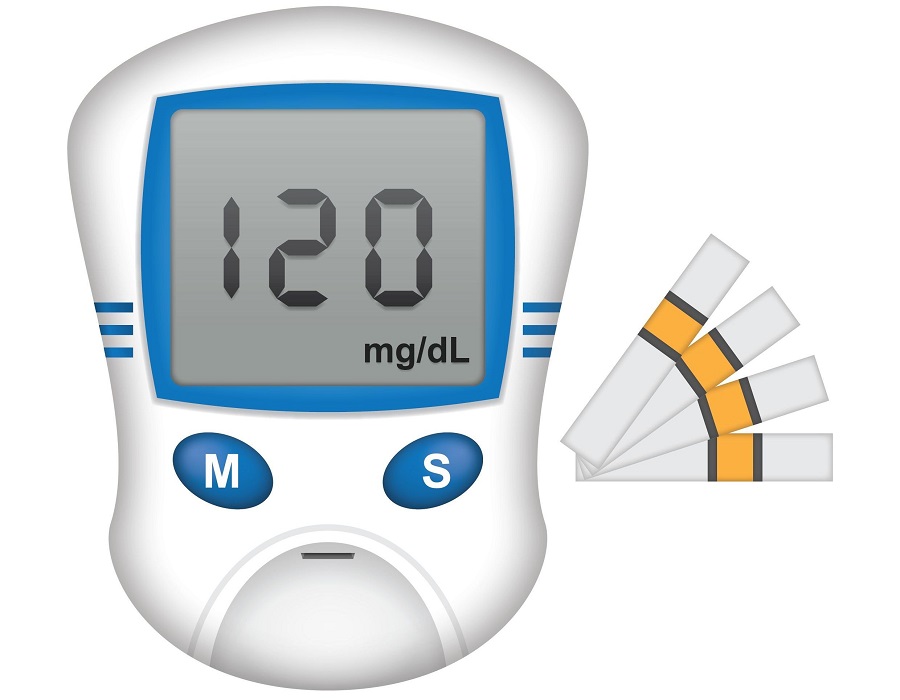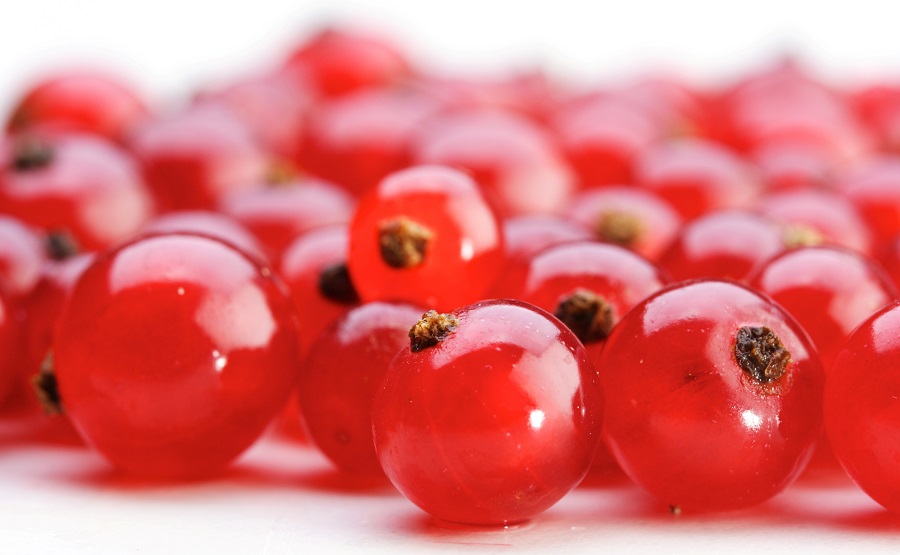Dry Mouth During Pregnancy: Causes and Remedies
Pregnancy comes with a slew of side effects most women are happy to endure because it means they get to be moms at the end of nine months. Unfortunately, some of the side effects are more unpleasant than others and can interfere with how you feel on a daily basis. The last thing you want when you are growing a baby is to feel any more uncomfortable than necessary, so whenever possible, you should do what you can to alleviate the side effects of pregnancy.
One of the most common issues that occur when you’re pregnant is dry mouth. Most women experience at least a mild bout of dry mouth during pregnancy. It’s the body’s way of reminding you to stay hydrated and drink plenty of water to keep the amniotic sac hydrated. Drinking plenty of water during pregnancy also prevents headaches and helps you sleep better, despite the added trips to the bathroom!
But what about when dry mouth is more than mild and interferes with your daily life while pregnant. Is it cause for concern and what can you do to remedy the problem?
What’s Causing Dry Mouth during Pregnancy?
Occasional thirst is normal and your desire to drink water will likely increase when you’re pregnant. It’s normal and it makes sense—after all, you’re drinking for two!
But what if you’re downright parched during pregnancy or start experiencing bad breath? Are you waking up with a dry mouth and throat? Do you struggle to chug enough water to prevent thirst, even though it feels as if you are drinking gallons per day?
There are a few reasons for this.
First, your thirst could be triggered by hormonal changes. Women tend to experience dry mouth more during their first trimester, as their bodies adjust to pregnancy. These shifts in hormones can cause your body to produce less saliva, which means you’ll feel thirsty and have dry mouth. And it can also trigger other oral health issues because saliva is so important. For instance, without enough saliva, you face a greater risk for tooth decay and bacterial growth. You’ll also find it difficult to speak, chew, and swallow if dry mouth is a problem.
Chances are a short bout of dry mouth and lips early in pregnancy isn’t going to be enough to rot your teeth and give you bad breath, but if the problem continues for more than a week or two, you’ll want to speak to your doctor about it. It could be that your salivary glands are not functioning properly and, therefore, saliva production is reduced casing your dry mouth.
It’s also important to consider if you’re overexerting yourself during pregnancy. This can lead to dry mouth, dry lips, and dehydration because you’ll be losing water when you sweat. For instance, if you were active before pregnancy and exercised on a regular basis, and your doctor OKs maintaining that regimen once you’re pregnant (good for you!), you’ll need more water than before to rehydrate.
You might be doing the same things in your workout as before, but because you are pregnant your body has to work harder to achieve those things—leaving you extra thirsty and suffering from a dry mouth.
“Healthy salivary flow is one of the most important and first defenses against tooth decay. Saliva contains microorganisms that help fight cavity-causing bacteria, not to mention the natural cleansing effect it has on the teeth.”
Signs of a Complication
If you increase your water intake and it’s still not helping, your dry mouth could be a symptom of a complication with your pregnancy. Don’t panic—in most cases, you’ll be able to treat the problem and have a healthy pregnancy. But it’s also important not to ignore the problem because untreated, these issues can be serious.
One fairly common cause of dry mouth during pregnancy is gestational diabetes. Thirst is often associated with diabetes and the kind brought on by pregnancy is no exception.
The important thing is to see your doctor and confirm a diagnosis of gestational diabetes. Untreated, gestational diabetes can lead to problems including:
- An extra-large baby
- High blood pressure
- Early labor
- Need for c-section
- Increased risk of stroke or seizure during labor
Finally, it’s possible a medication you’re taking now or took just before getting pregnant is causing dry mouth. If you are or were taking anything, ask your doctor if dry mouth is a side effect of the medicine.
Remedies for Dry Mouth
The easiest and most effective thing you can do to eliminate problems with dry mouth during pregnancy is to increase your water intake. Start with what you’re drinking now and increase it by a glass or two for a few days. If that doesn’t alleviate the problem, add an additional glass or two.
Even if you were drinking a lot of water prior to pregnancy, it can help to increase your consumption because your body is going through changes and supporting a growing life. However, if you increase your consumption by as much as two to four glasses a day and you still aren’t seeing improvement, you should speak to your doctor.
In addition to boosting your water intake, consider cutting out anything with caffeine in it. Many women reduce their caffeine intake due to their pregnancy, but if you haven’t or you’re still consuming some caffeine, consider cutting it out completely. Caffeine is dehydrating, so you’re counteracting whatever you taking in by drinking or eating things that are caffeinated.
You’ll also want to avoid sugary food. If you really do indulge (it’s understandable—you’re pregnant!), you’ll want to immediately brush your teeth afterward. Sugary foods, especially those that are sticky, tend to dry out your mouth, so the less the better if you’re already struggling with dry mouth. It’s also a good idea to avoid foods that are high in sodium because they tend to make you thirsty.
It’s also a good idea to use a humidifier, especially when sleeping. If the air in your home or workplace is too dry, it’ll dry out your mouth and everything else. Using a humidifier is worth a try, but if you’re wondering if you really need one, consider whether or not your skin feels dry, you are waking up with a dried out nose, you’re suffering from allergy symptoms, or you’re especially itchy. These symptoms can also be associated with hormonal fluctuations, so you might find the humidifier combats multiple problems.
Relate Posts to Read:
Dental Care & Pregnancy – Your Complete Guide
Medically Fact-Checked & Written by Our Dental Editorial Team
You can read more about our editorial guidelines by clicking this link and learn more about the Emergency Dentists USA editorial team here.








